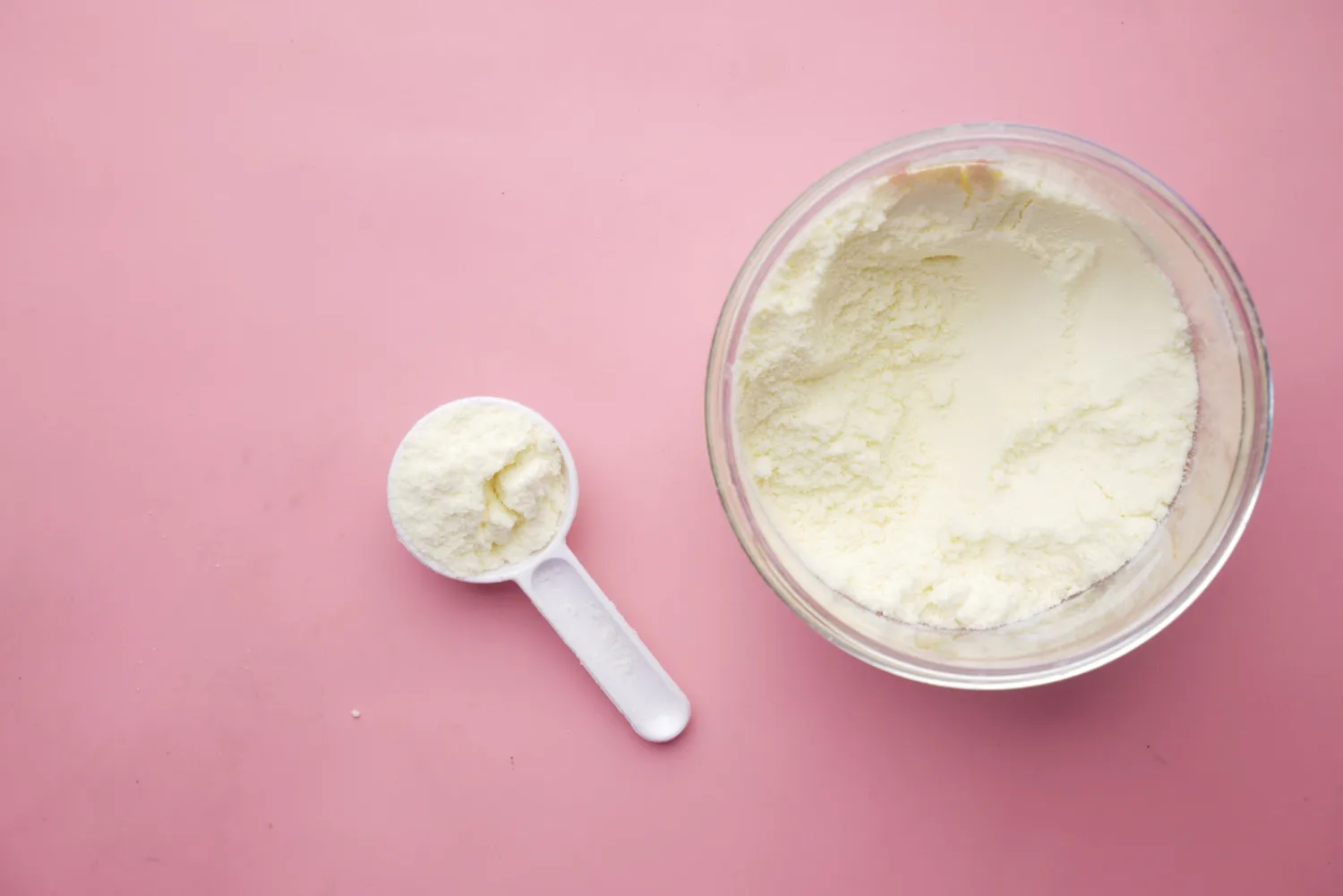Parenting in today’s world is fraught with misinformation, well-meaning but misguided opinions, and, you might say, booby traps. Breastfeeding is no exception, so if you’re a new mama trying to figure out what’s best for you and your new baby, you might feel a little bit adrift in the sea of (often contradictory) information. Well, mamas, we’re here to bust a few myths about breastfeeding, so you can confidently avoid some of the most familiar traps.
Myth 1: Breastfeeding is natural
Truth: Breastfeeding takes practice
Yes, breastfeeding is natural in the sense that mothers and babies are designed to do it, but that doesn’t mean that breastfeeding comes naturally to everyone. Many new mamas need some kind of support and guidance to help their babies latch properly and breastfeed without discomfort. At Bébé Bru, we’re here to be part of your support team as you navigate your breastfeeding journey and connect you with practical and moral support. We want you to ask for help⸺and to know that it’s completely normal to need it.
Myth 2: You should stop breastfeeding after a specific period of time
Truth: How long you breastfeed is not a matter of right or wrong
The American Academy of Pediatrics and the World Health Organization recommend exclusive breastfeeding for the first six months of your baby’s life. Beyond that, things get pretty muddy⸺and everyone has an opinion on what’s best. It’s generally true that the longer you breastfeed, the longer your baby will continue to accrue the benefits, such as a strong immune system and protection from many common illnesses. Others say that breastfeeding after one year isn’t a good idea, or at least it doesn’t provide any benefits. The truth is that how long you choose to breastfeed is an intensely personal decision, dependent on many factors. If you’re a mama with an active lifestyle, freeze-drying your breast milk with Bébé Bru will allow you to breastfeed for longer if that’s what’s right for you. But there is no right or wrong decision, only what’s best for you and your baby.
Myth 3: You shouldn’t breastfeed if you are sick
Truth: Breastfeeding while sick might be good for your baby
It may seem counterintuitive, but many lactation specialists say that if you’re sick with a common illness, such as a cold or stomach bug, continuing to breastfeed or give your baby pumped milk while you’re sick can actually benefit your little one. This is because your body produces antibodies, which are passed to the baby through your milk. In addition, most illnesses are not transmitted through breast milk. Current research also suggests that it’s unlikely that COVID-19 is passed through breast milk, and you might be giving your baby protective antibodies if you have COVID and choose to continue breastfeeding. Just remember to wash your hands and wear a mask, and your baby should be fine.
Myth 4: You need to eat a specific type of diet while breastfeeding
Truth: You don’t need to change your regular diet in order to breastfeed
Your baby is already used to the foods you have been eating throughout the gestation period, and the fact that you will be feeding them through the breast doesn’t change that. According to John Hopkins Medicine, in most cases, there are no foods that are entirely off-limits for breastfeeding mamas, including garlic, caffeine, and even alcohol (with precautions). Find even more myths about diet and breast milk here.
Myth 5: You can’t take any medications while you are breastfeeding
Truth: Many medications are safe to take while breastfeeding
Yes, any medication will be transferred to the baby through breast milk. However, most prescriptions are only transmitted at low levels and are considered safe to take by medical professionals. According to the Mayo Clinic, many over-the-counter medications and frequently prescribed medications, like certain types of birth control and antidepressants, are safe for breastfeeding mamas. Whether a medication is safe depends on your baby’s age, health, and other factors. Be sure to share your medicines with your healthcare provider (including vitamins and supplements) to make an informed decision for you and your baby.
For more helpful tips for breastfeeding and your growing baby, sign up for our email newsletter and become part of the Bébé Bru Cru!

